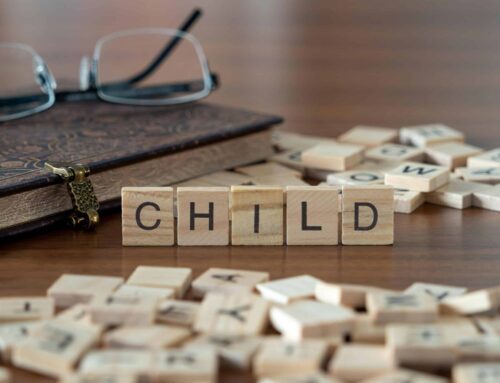Understanding Nevada’s Juvenile Justice System: A Guide for Parents
Navigating the complexities of Nevada’s juvenile justice system can be overwhelming for parents whose child is facing legal trouble. Understanding how the system works, the rights of your child, and the possible outcomes can help you make informed decisions and advocate effectively for your child. This guide provides a comprehensive overview of Nevada’s juvenile justice system, offering crucial insights for parents and guardians.
What Is Nevada’s Juvenile Justice System?
The juvenile justice system is designed to handle cases involving minors who are accused of committing delinquent acts. Unlike the adult criminal justice system, which focuses on punishment, Nevada’s juvenile justice system aims to rehabilitate and guide young offenders toward better decision-making and lawful behavior.
Key Aspects of Nevada’s Juvenile Justice System
-
Age of Jurisdiction
In Nevada, the juvenile justice system generally applies to individuals under the age of 18.
-
Juvenile Arrest and Intake Process
When a minor is taken into custody, law enforcement officers assess the situation to determine the next steps. Depending on the severity of the offense, the minor may:
- Be released to their parents or guardians with a warning
- Be referred to a diversion program
- Be detained for further evaluation
-
Detention and Court Proceedings
If a minor is detained, they will have a detention hearing within 72 hours. At this hearing, the judge will decide whether the minor should remain in custody or be released pending further proceedings. Juvenile court proceedings in Nevada include:
- Preliminary Inquiry: A review of the case to determine if a juvenile petition would be filed (some allegations require filing).
- Adjudication Hearing: Either the kid will enter a plea or take the case to trial.
- Disposition Hearing: If found responsible, the court imposes consequences, such as probation, community service, counseling, or placement in a juvenile facility.
-
Rehabilitation
Nevada emphasizes rehabilitation over punishment, offering programs such as:
- Substance Abuse or Mental Health Treatment Programs: Addressing underlying drug, alcohol, or mental health issues.
- Individual Counseling: Helping the kid navigate his/her challenges
- Family Counseling and Support Services: Helping families navigate challenges together.
-
Record Sealing
Juvenile records are automatically sealed upon the kid reaching 18 years old unless the allegations fall under a certain category of offenses. If the offense is not automatically sealed, then an attorney can petition for the sealing of juvenile records.
Parental Rights and Responsibilities
As a parent, you have the right to:
- Be notified if your child is taken into custody.
- Be present during questioning.
- Seek legal representation for your child.
- Advocate for rehabilitation programs.
At the same time, you are responsible for ensuring your child complies with court-ordered requirements, such as attending hearings, probation, and completing assigned programs.
When to Seek Legal Assistance
If your child is involved in Nevada’s juvenile justice system, consulting a knowledgeable juvenile defense attorney is highly recommended. An experienced attorney can:
- Explain your child’s rights.
- Represent them in court.
- Advocate for rehabilitation over detention.
- Help with record sealing in the future.
Conclusion
Understanding Nevada’s juvenile justice system is essential for parents who want to support their children effectively. By staying informed and seeking legal guidance, when necessary, you can help ensure the best possible outcome for your child. If your family is facing challenges related to juvenile legal matters, reach out to our office to discuss your options and protect your child’s future.






